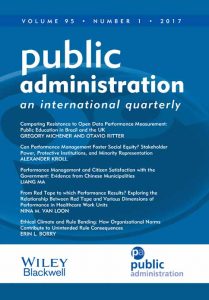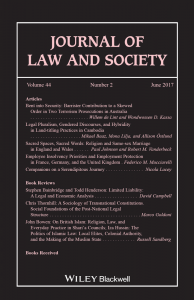Birth, Knowledge, and Social Class
A recent article in The New York Times explored the burgeoning popularity of homebirth among New Yorkers. Citing the success of the documentary film, The Business of Being Born, the article suggests that New York City women are increasingly opting for birthing at home rather than in hospitals. Researchers such as Robbie Davis-Floyd and Melissa Cheyney have offered interesting insights into the unique experiences of homebirthers, particularly into their acquisition and use of knowledge, power, and control during pregnancy and childbirth. They suggest that homebirthers intellectually, emotionally, and physically prepare for their births in distinctive ways, and are typically able to exercise nuanced forms of power and therefore control over their birth experiences. All this seems to be predicated, however, on “informed consent,” or the acquisition of birth knowledge from sources such as midwives, Internet research, and birthing literature. While homebirth is a viable option for some women, we cannot ignore the extent to which knowledge and access to it is based on social class. Indeed, there are many women who are opting for homebirth. It seems to be that many of them, however, are wealthier women who have the time and financial means to dedicate to rigorous birth preparation. While birthing at home with a midwife may mean fewer medical interventions, and therefore be less expensive, knowledge acquisition is rarely free. Therefore, the relationship between birth options and social class cannot be ignored.
Read More
![]() Davis-Floyd and others on contemporary birth practices
Davis-Floyd and others on contemporary birth practices







1530-2415/asset/SPSSI_logo_small.jpg?v=1&s=703d32c0889a30426e5264b94ce9ad387c90c2e0)